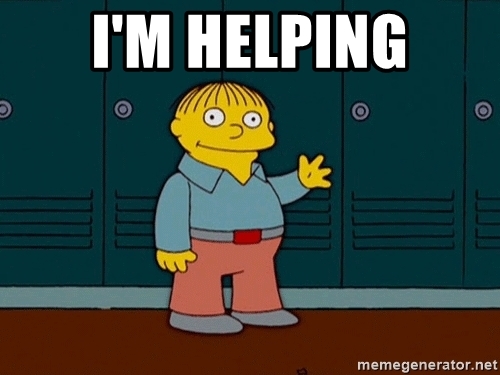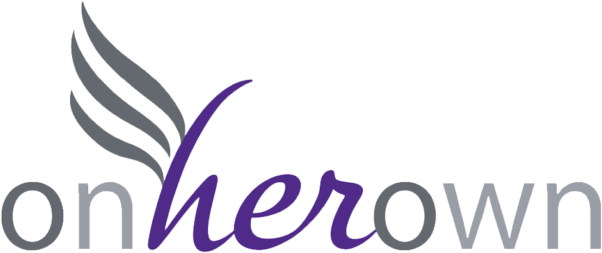
Do something.
Just do something.
How often have you heard that, pleaded for that, wished you could do that?
Nobody likes to feel helpless, whether directly or at a distance. Not only does that make us sad and perhaps disappointed or even angry, we fear the outcome we see barreling down the path if nobody can change its course. The drive to act can be so strong that being unable to act, especially in situations we are personally involved in, can lead to life-altering course corrections as we reevaluate who we are and what we want to be able to do, not to mention the challenges of the post-traumatic stress disorder that can result.
The trick, though, is making sure that whatever you’re doing doesn’t actually make the situation worse, all in the name of “doing something.” Sometimes, the best way to contribute is to get out of the way or do nothing at all. Learning to identify when that might be is a skill all of its own, both for yourself and when you need to manage people around you in a crisis. Finding an action that will, at worst, result in no negatives, is itself incredibly important. Best, of course, if it might help, but making more trouble and more work for folks who are able to act constructively is a net negative. Sure, you might have “done something” but at what cost – to a person who was already at risk or injured, to an innocent bystander, or even to yourself? Think, for example, of a child who is drowning and a heroic parent who dives in after them – and drowns in the attempt to save. The parent did something, but in the end, created an unnecessary victim.
Avoiding that requires building your skills and knowledge in a number of areas.
Ideally, of course, is learning things you can do that will improve the various situations you might face, and being able to actually implement them. Some of that requires being realistic about the kinds of things that can happen around you and what actually can be done about them, whether by you or anyone else. Some of that requires time spent preparing yourself to be able to do those things – in my example above, learning how to not just swim, but also rescue people struggling in the water because you’ve moved somewhere with a pool or discovered you like to take your family to a park with a lake. Some of that requires putting resources into the kinds of preparations that are necessary to respond to the bad events you can’t prevent: buying supplies to respond to injuries and medical events, mapping out the nearest hospitals to the places where you spend the most time, even just thinking ahead to know who you need to call when your world falls apart.
But none of us have the kind of time, not to mention the other resources that are necessary, to prepare for everything that could possibly happen, that could possibly leave us feeling helpless, so it’s important to learn what harmless-but-also-maybe-useful actions can be taken in broad varieties of situations. Small acts often fit well into this space. When paramedics are wildly trying to save a patient experiencing a severe allergic reaction, simply gathering that person’s things and making sure they make it onto the ambulance may be more meaningful than you’ll ever know because some priceless memento was in their bag. Sticking around after witnessing a hit and run car accident just to make a statement to the responding police officers might not seem like much, especially because you didn’t catch a license plate number. But the few details you glimpsed and remembered might be enough to connect the last dots to catch a serial perpetrator. None of these things are jumping into action and becoming part of the fray – and yet, they are still helpful or at the very least, not harmful.
It’s also important to recast your understanding of getting out of the way or otherwise doing nothing as itself a positive, because you are not interfering with those who can do more. That is, in fact, valuable in sometimes unimaginable ways. Sending a box of donations to a support organization might feel more helpful than sending money, but sorting through those supplies can take attention and time from staff who could otherwise be actively working on the ground at disaster sites, using the cash you provided. Hovering over an accident victim might seem like a way of showing support and being available for aid, but might distract medical help who must now keep you busy or tell you to leave, while getting in their way as they work. By doing nothing, you may be doing something: not making it harder for someone else to themselves do something, when they can do so more effectively than you could.
Do something? Help someone?
You can, sometimes by doing the smallest things and sometimes by doing nothing at all.





